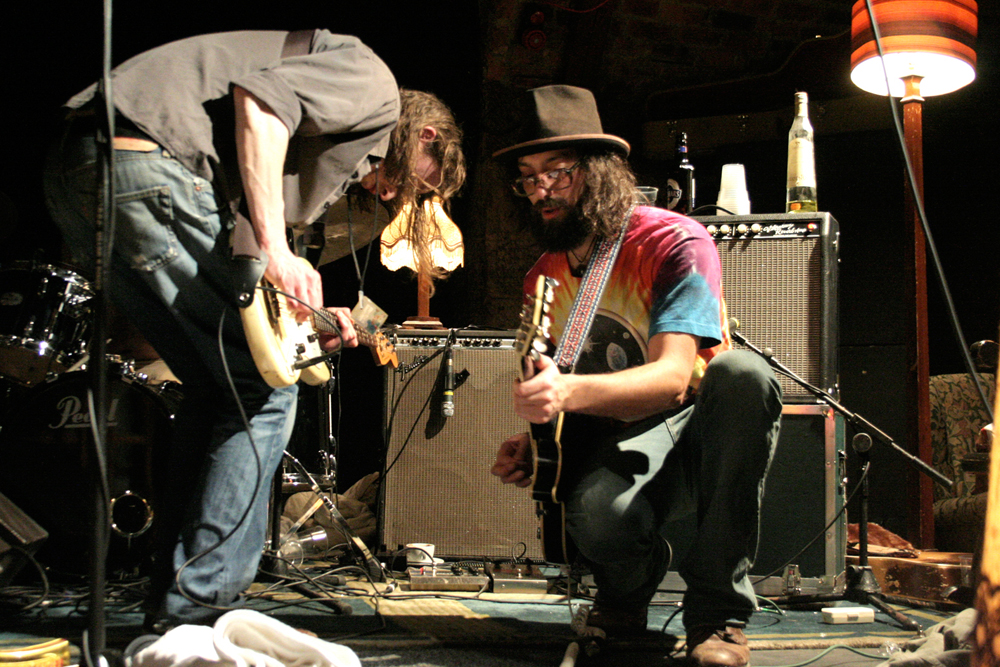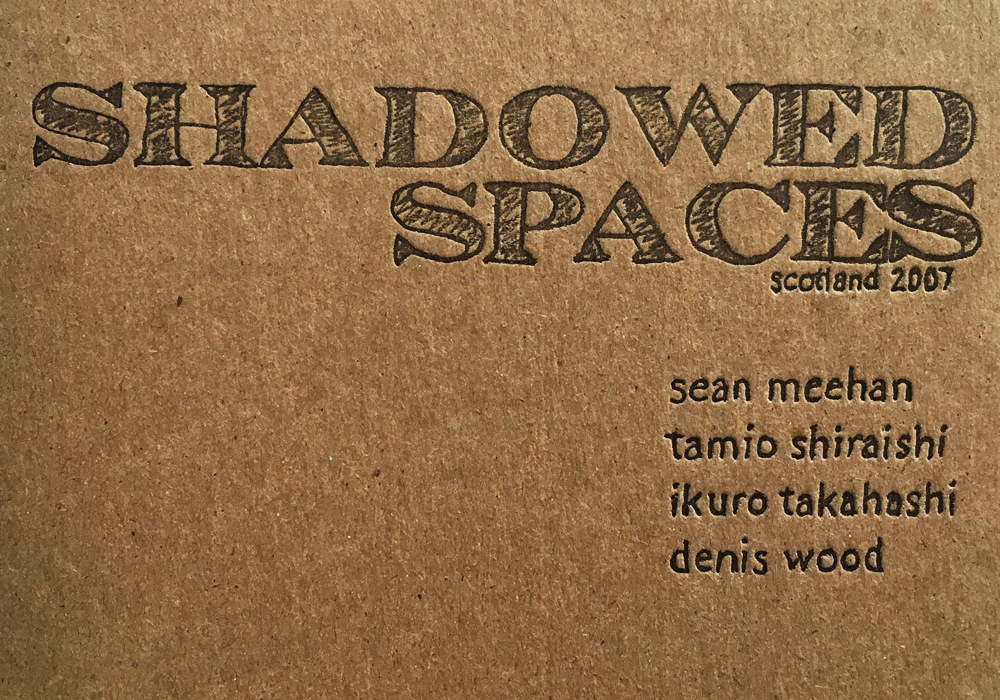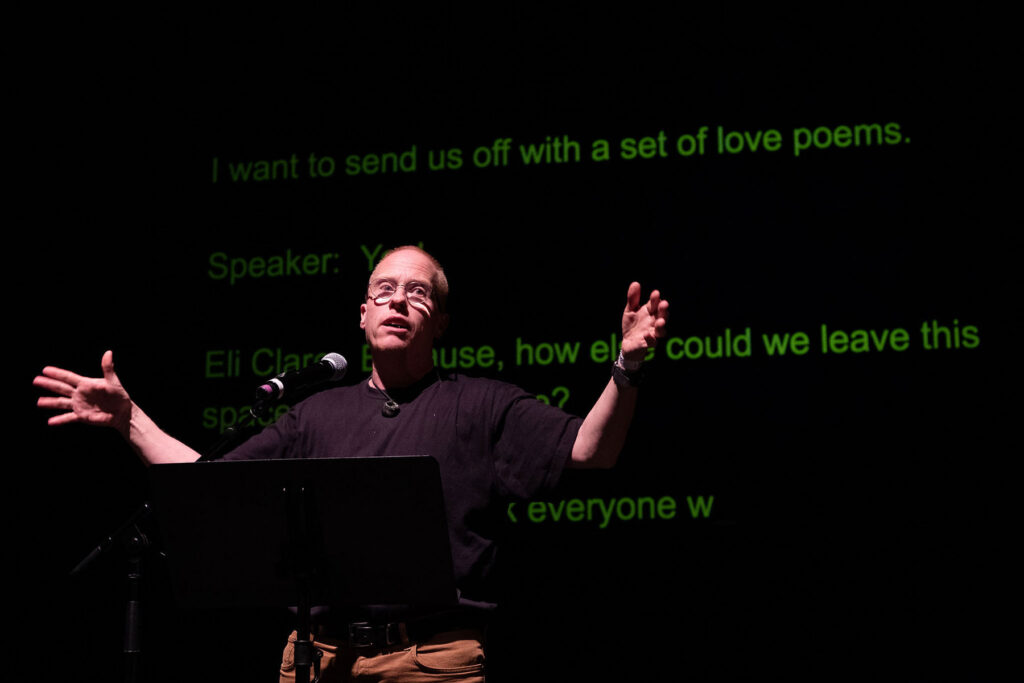
Stephan Mathieu
Stephan Mathieu
Work that focuses in on the static hiss and background noise of recording and pushes it to the fore.
Arika have been creating events since 2001. The Archive is space to share the documentation of our work, over 600 events from the past 20 years. Browse the archive by event, artists and collections, explore using theme pairs, or use the index for a comprehensive overview.

Work that focuses in on the static hiss and background noise of recording and pushes it to the fore.

An improvised film about our worlds at the brink, on the edge, in front of a crisis. To stand on the side of life, by seeing the resistance to genocide in Palestine as a turning point to overcome.

An event exploring anarchic and communal situations of musical creation with MV, EE and The Cherry Blossoms.

To Rococo Rot member Robert Lippok performing for the first time in the UK with his solo project.

Somewhere between performance, stripped down theatre and an intense kind of public learning or maybe even a public hearing.

Politicised fan-fiction chronicling working class gay urban space and fantasy.

There exist places in our towns and cities that are created not by design, but by circumstance. Shadowed Spaces was a tour of overlooked, bypassed and unconsidered nooks and crannies with 3 musicians.

A historical narrative of the black and Latino/a transgender, bisexual, lesbian, and gay House and Ballroom Scene in relation to race, gender, sexuality and class oppressions.

Poems are kisses, fists, and underground rivers. For all these reasons and many more, I am a poet.

Taking over the gallery spaces at Dundee Contemporary Arts, the first Kill Your Timid Notion presented a 3 day programme of live immersive experiences and specially curated film programmes.

Mirror and Phantom Engineer performing an improvised soundtrack to Benjamin Christensen’s 1922 horror film prototype, Haxan: Witchcraft through the Ages.

Temporary Outpost for an Auditory Gesture is a kind of performed installation that explores how sonic phenomena (like feedback, vibration, resonance, echo, rhythm) condition our experience.